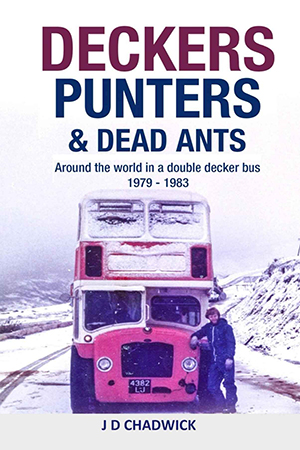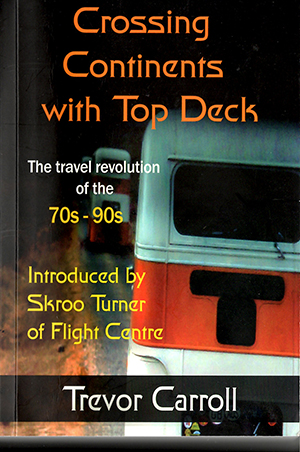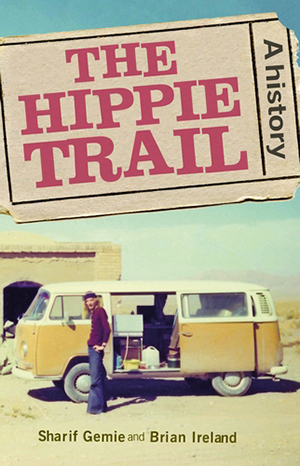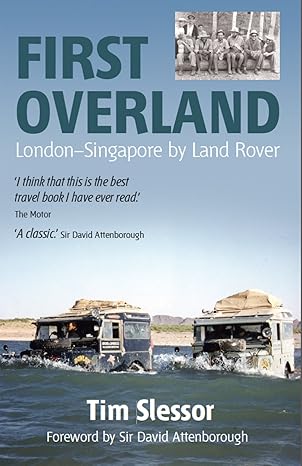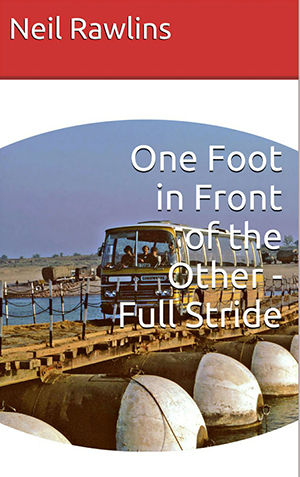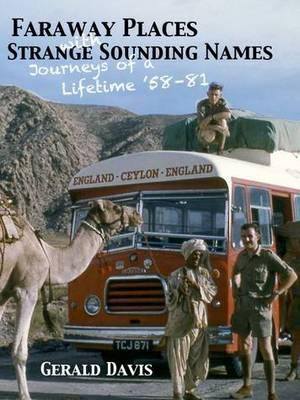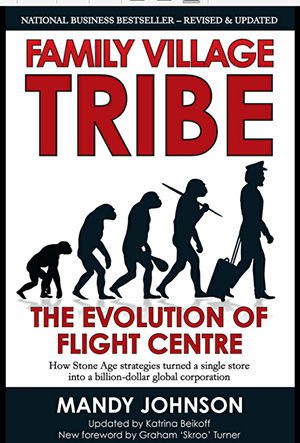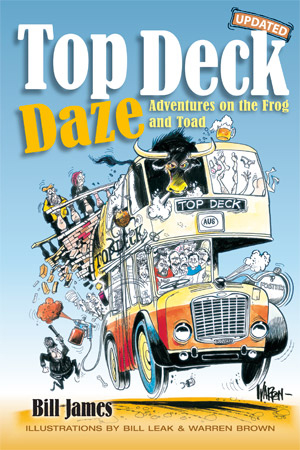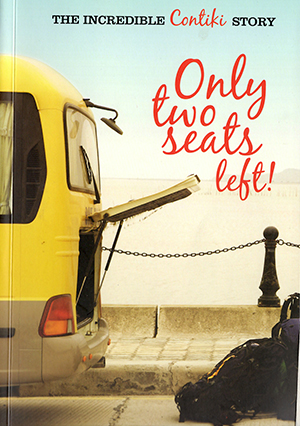By JD Chadwick
Around The World In A Double Decker Bus 1979 – 1983.
Chad went into the small travel agency in London to deliver a letter. To his surprise, he came out as the driver of a double-decker bus with 19 paying passengers on a 6 week trip around Europe. The problem was he didn’t have a licence. He didn’t speak their language. He had never driven a vehicle larger than a mini and had no idea where he was going. None of that mattered, he was broke and needed a job – any job! But first, he had just 24 hours to learn how to drive a vehicle that resembled a two-storey building on wheels, without any training or instructions. Then came the daunting task of driving it on the wrong side of the road through France surrounded by renowned crazy French drivers who hated the English.
For the next four years Chad solved crisis after crisis in some of the most challenging situations and countries imaginable in his bid to keep the wheels rolling and his punters happy. What makes this story even more enticing – it is set long before the advent of mobile phones, computers and travel guides. Once you left home you were on your own.
Could you talk your way out of jail by playing cards with your arresting office? Pose as a journalist to gain entry to Ashes Test Match at Lords. Attempt to sell thirteen cartons of illegal whiskey to the chief of police in Pakistan, a devout Muslim and anti-alcohol country? Fix a bus engine with a box of cornflakes? These are just a few of the adventures you will delight in when you read Deckers, Punters & Dead Ants.
Will Chad learn to drive in time? Can he find his way around Europe before his passengers pull the pin demanding their money back? Does he ever master their language? Will he spend time in a Pakistani jail? What has Dead Ants got to do with driving a bus?
